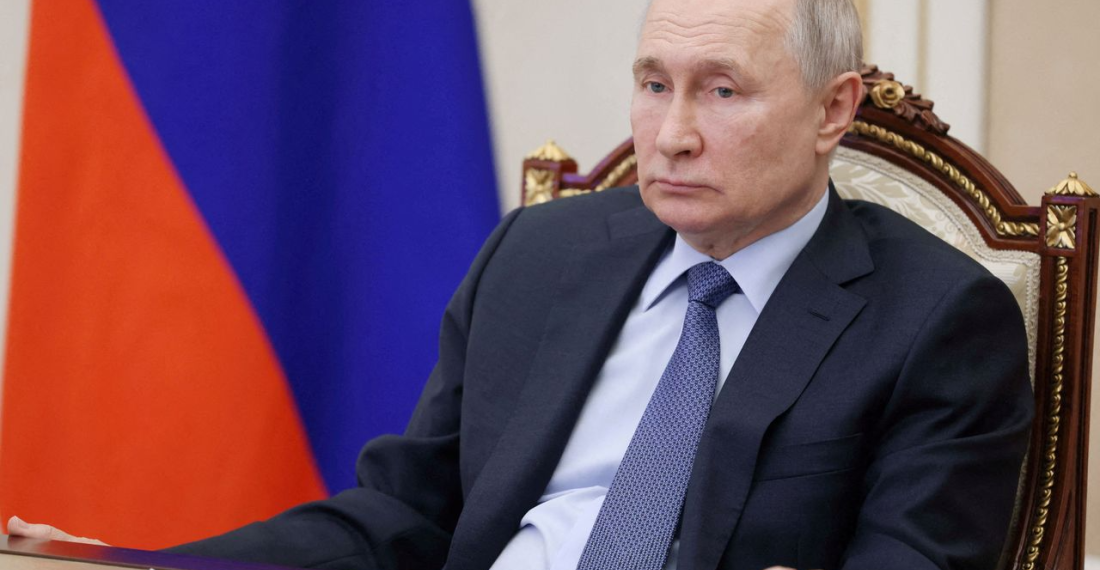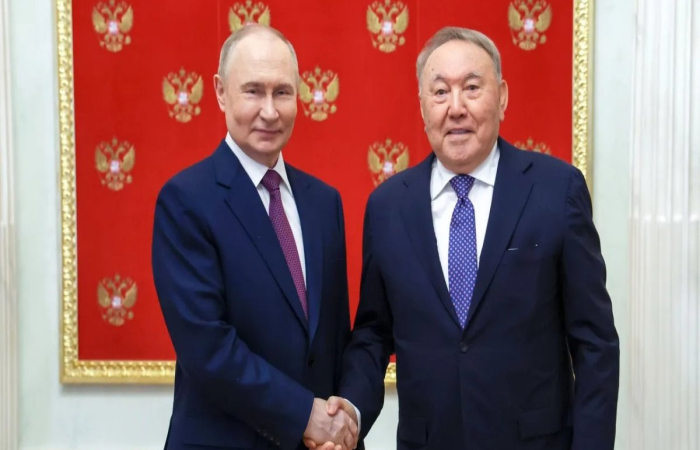The International Criminal Court (ICC) in The Hague has issued an international arrest warrant for Russian President Vladimir Putin and his Commissioner for Children's Rights Maria Lvova-Belova.
In a statement released on Friday (17 March), the ICC said that both Putin and Lvova-Belova are "allegedly responsible for the war crime of unlawful deportation of population (children) and that of unlawful transfer of population (children) from occupied areas of Ukraine to the Russian Federation".
The statement says that there are "reasonable grounds" to believe that both Mr Putin and Ms Lvova-Belova bear "individual criminal responsibility for the aforementioned crimes".
It also adds that the ICC had considered issuing secret warrants, but decided that public awareness of the warrants "may contribute to the prevention of the further commission of crimes".
Since the start of Russia's full-scale invasion of Ukraine on 24 February 2022, the Ukrainian government estimates that Russia has deported as many as 16,000 Ukrainian children, to Russia.
"This is just the beginning"
Global reaction to the arrest warrant has come in thick and fast.
The Ukrainian presidential chief of staff Andriy Yermak said "this is just the beginning", while the Ukrainian prosecutor general Andriy Kostin said "this is a historic decision for Ukraine and the entire system of international law."
The BBC's Frank Gardner called it an "extraordinary development" in the history of the war, and his BBC colleague in The Hague Anna Holligan said that "few expected prosecutors to go right to the top".
Leonid Volkov, a close ally of jailed Kremlin critic Alexei Navalny, described the ICC's arrest warrant for Putin as a "symbolic" but "important" move.
Official Russian reaction has been predictably critical. Russian Foreign Ministry spokesperson Maria Zakharova said the warrant has "no significance whatsoever", as Moscow is not a signatory to the Rome Statute of the ICC.
Former Russian President Dmitri Medvedev meanwhile compared the warrant to "toilet paper".
And Putin's own spokesperson Dmitri Peskov called the decision "outrageous and unacceptable".






